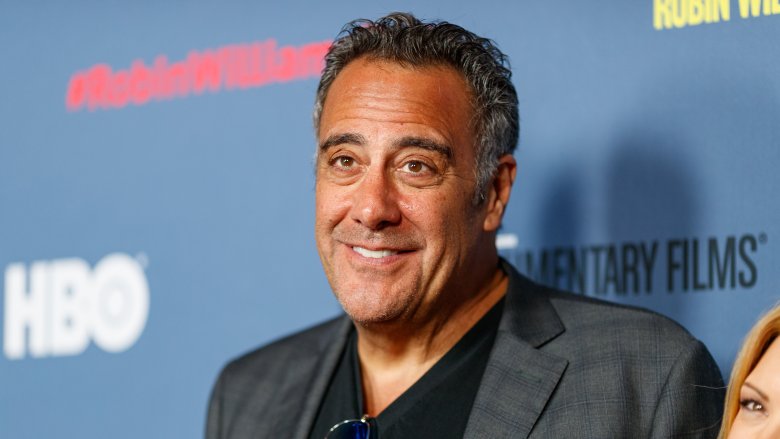

In theory the law removes 20% of cars from driving on city streets any given day, which has contributed to Mexico City's impressive reduction 3 of air pollution over the past 20 years.

Mexico City's “Hoy No Circula” legislation, which prohibits vehicles from circulating on select days depending on the last digit of the licence plate, was implemented just before the United Nations declared 2 it the most polluted city in the world. Second, I learned that corruption flourishes with poorly designed laws, no matter how benevolent their intentions. Indeed, a motorcycle-mounted police officer pulled up to my window, eagerly awaiting his own bribe, and then sped off in disappointment when I showed him my I-paid-a-bribe card. "If any police officer pulls you over on your way home," I was told, "just flash them this card and they'll leave you alone.” Various police units across multiple jurisdictions had coordinated to produce a system of illicit cards to register those who had already paid a bribe. Upon leaving the police station I was awarded with a stamped card that looked more official than anything I had seen from the Mexico City government. Such is the story of my first bribe in Mexico City, which taught me several lessons.įirst I learned that Mexico City's civil society was still not as coordinated and innovative as the city's corrupt police officers. By the end of our protracted and surreal negotiations I was left with two choices: 1) pay a USD 200 bribe and return home to enjoy the rest of my Saturday afternoon, or 2) surrender my car until Monday morning when I could begin a lengthy bureaucratic nightmare involving multiple trips to government offices, banks, and the tow pound. I was now sitting in front of the desk of what was clearly a higher-ranking officer, who began to make increasingly aggrandised claims while I silently punished myself for not having my cell phone to record his every word. Like a practised salesman, the officer went on to list the many ways I would be inconvenienced if I were to go by the book rather than to "work out a deal.” Still, I refused to pay the bribe, and was made to follow the police officers to what was allegedly the nearest police station, some 30 minutes away in the middle of an abandoned industrial area. The officer informed me that, due to the gravity of my infraction, not only would I have to pay a fine of around 5,000 pesos (USD 380) but my car would also be impounded for 24 hours. I rolled down the window, handed the police officer my driver's licence, my car registration, and awaited my citation. The likelihood that I would now bribe a police officer to evade my warranted sanction seemed preposterous. I was hired to help build the movement of open government in Latin America to give support to entrepreneurs who use new technologies to strengthen civic participation and government accountability. Two weeks earlier I had started a new job with Omidyar Network, the philanthropic investment firm of eBay founder Pierre Omidyar. And here I was, a newcomer to the city, a licence plate ending with 7, and driving in unintended defiance of the law. In 1989 the Mexico City government passed legislation 1 which required that on every second Saturday of the month all vehicles with licence plates ending in 7 were not allowed to circulate.

And yet, billions continue to be funneled into police departments.The first time I paid a bribe in Mexico City I was caught by surprise. There have even been times when police have admitted new technologies don’t work or are not effective. For the most part, it is because more officers or surveillance seems to be the only solution politicians are able to offer when people are afraid. The problem is that police have come to be totally synonymous with safety for many politicians. The NYPD spends hundreds of millions of dollars a year paying settlements for suits brought against officers. Worse than not always preventing violence, it is also a system that routinely creates harm in many, especially Black, New York communities. The city controls over 25,500 cameras - concentrated mostly in Black communities and other neighborhoods of color - and wields some of the most advanced surveillance technology in the world with little to no oversight from voters.Īnd yet, with every act of violence committed in the city, residents are being told to give more and more city resources to an all-consuming apparatus that, no matter how many times you double its budget, still has failed to yield safety for everyone. According to the city’s website, the NYPD has around 36,000 officers and 19,000 civilian employees and has a proposed budget of more than $10 billion, which makes it larger and better funded than many nation’s militaries.


 0 kommentar(er)
0 kommentar(er)
